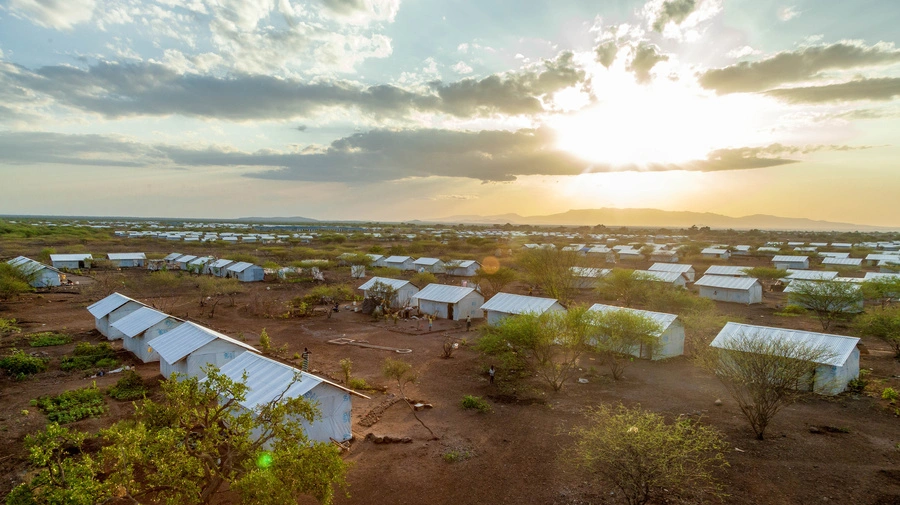Nearly 800,000 refugees in Kenya are bracing for a severe hunger crisis as the World Food Programme (WFP) announces drastic cuts to food aid, citing reductions in global donor funding.
The cuts will hit residents of Kakuma Refugee Camp in northwestern Kenya and other settlements, home to people fleeing conflict and hardship in South Sudan, Somalia, and the Democratic Republic of Congo.
According to a story by Al Jazeera, WFP says shipments from its biggest supplier, the United States, have stopped following USAID funding reductions.
Under the new plan, only the most vulnerable, pregnant women, the elderly, families headed by children, and people living with disabilities, will continue receiving food rations.
At least 30 per cent of the refugee population will receive nothing at all.
“If there is no more food, there is nothing I can do. There are no jobs here, there are no businesses. There is no other alternative for me,” said Tantine Mawazo, a Congolese refugee who has lived in Kakuma for years.
Aid workers acknowledge the decision has sparked anger, but say it is unavoidable given the dwindling supplies.
“We have refugees who are doing business and we have refugees who have just recently arrived. We have child-headed households. So we are looking at everyone based on who they are and see if we can channel our assistance based on their needs and not necessarily because you are a refugee,” explained Timothy Chika of WFP in Kakuma.
For many, the cuts could be a matter of life or death.
“I will not survive and if you see those children there is no place that I can take them,” said Michael Goni, who is disabled and relies entirely on food aid to feed his family.
The government has urged refugees to share what little food is available under its Shirika Plan, which aims to reduce aid dependency by fostering cooperation between refugees and host communities. But for some, hope is fading fast.
As explained by the Department of Refugee Services, the Shirika Plan is a government initiative aimed at integrating refugees into Kenyan society by transforming refugee camps into integrated settlements and fostering socioeconomic inclusion for both refugees and host communities.
It's a multi-year strategy, structured in three phases over eleven years, with a budget of KSh 123 billion.
The plan is a significant shift from the traditional camp model, moving towards a development-oriented approach that focuses on building sustainable services and economic opportunities.
“Now, we are saying only God can help us. We do not have anything,” lamented Mary John Gai, a mother in Kakuma.
WFP says it needs urgent funding to restore full food assistance, warning that without it, the hunger crisis in Kenya’s refugee camps will deepen.

